Big Changes Coming to Short-Term Rental Taxes in Rhode Island
If you own, manage, or are considering investing in short-term rental properties in Rhode Island, new tax changes are on the horizon that could impact your bottom line. Beginning January 1, 2026, updates to Rhode Island’s tax structure for short-term rentals will officially take effect, following legislation passed in 2025.
Here's what you need to know:
1. Local Hotel Tax Rate Increasing
Currently, all short-term rentals in Rhode Island — including hotels, individual rooms, and vacation rentals — are subject to a 1% local hotel tax. Starting in 2026, that rate will double to 2%.
This increase applies across the board, meaning every short-term rental booking of 30 days or less will see the additional 1% added to the total bill.
2. New "Whole Home" Short-Term Rental Tax
In addition to the local hotel tax adjustment, a new 5% tax will be applied specifically to residential dwellings rented in their entirety.
This includes:
- Single-family homes
- Condos
- Mobile homes
- Other full residential properties
Essentially, if the entire property is being rented for 30 days or fewer — whether as a vacation rental or through online platforms like Airbnb or Vrbo — this new tax will apply.
How This Differs From The State Hotel Tax
Rhode Island already has a 5% state hotel tax that applies to individual room rentals (such as hotel rooms or single-room Airbnb stays). The new 5% “whole home” tax is separate, and only one applies depending on the type of rental:
- Room rentals (under 30 days): Subject to 7% sales tax + 5% state hotel tax + 2% local hotel tax.
- Whole-home rentals (under 30 days): Subject to 7% sales tax + 5% whole home short-term rental tax + 2% local hotel tax.
No single stay will be taxed under both categories.
Timing Matters: Bookings vs. Occupancy
It’s important to note that tax obligations are based on the date of occupancy, not the date of booking or payment.
For example:
If a guest books and pays in full for a 2026 stay before the end of 2025, the 2026 tax rates still apply when they check in.
Any difference in tax rates must be collected at checkout.
Why This Matters for Owners & Investors
These changes could affect:
- Rental pricing: Owners may need to adjust nightly rates to remain competitive while accounting for new taxes.
- Guest communication: Clear communication with guests about final tax totals will help avoid surprises at checkout.
- Profit margins: Especially for investors and property managers, understanding how these taxes impact cash flow is key to planning ahead.
Final Thoughts
Rhode Island’s short-term rental market has grown significantly in recent years, and these tax updates reflect the state’s effort to balance regulation, revenue, and fairness across hotels and residential rentals.
If you currently operate or are considering purchasing a short-term rental property, it’s crucial to build these new costs into your 2026 financial planning.
For full details or specific tax guidance, visit the Rhode Island Division of Taxation or contact their Excise Tax Section at (401) 574-8955.
Looking To Invest In Real Estate?
Discover opportunities in today’s market with expert guidance from Spectrum Real Estate Consultants



